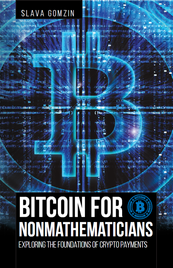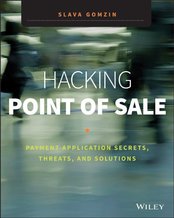I found interesting U.S. Department of Justice report about money laundering in digital currencies. In addition to information about the money laundering payment systems, it explains in an accessible form the methods of anonymous Internet access:
Various technologies can increase the utility of digital currencies for money laundering by providing additional anonymity and networking abilities. Because digital currency transactions are conducted over the Internet, they can be traced back to individuals’ computers. The origins of Internet activity can often be identified using IP (Internet Protocol) addresses. Each computer on a network, including the Internet, must be uniquely identified by an IP address in order to receive information, such as web pages, requested from remote servers. These servers, including digital currency servers, track and record users’ IP addresses.
However, anonymizing proxy servers and anonymity networks protect individuals’ identities by obscuring the unique IP (Internet Protocol) address as well as the individuals’ true locations. Anonymizing proxy servers and anonymity networks are designed to prevent identification of Internet users’ IP addresses. Such proxy servers and networks redirect users’ activities so that they appear to originate from a proxy server’s or anonymity network’s IP address rather than the IP address of an individual Internet user.
Furthermore, mobile payments conducted from anonymous prepaid cellular devices, such as web-enabled phones, may be impossible to trace to an individual. Such portable devices that provide Internet access enable transfers of digital currency; afterward, they can be destroyed, easily and inexpensively, to prevent forensic analysis.




 RSS Feed
RSS Feed



